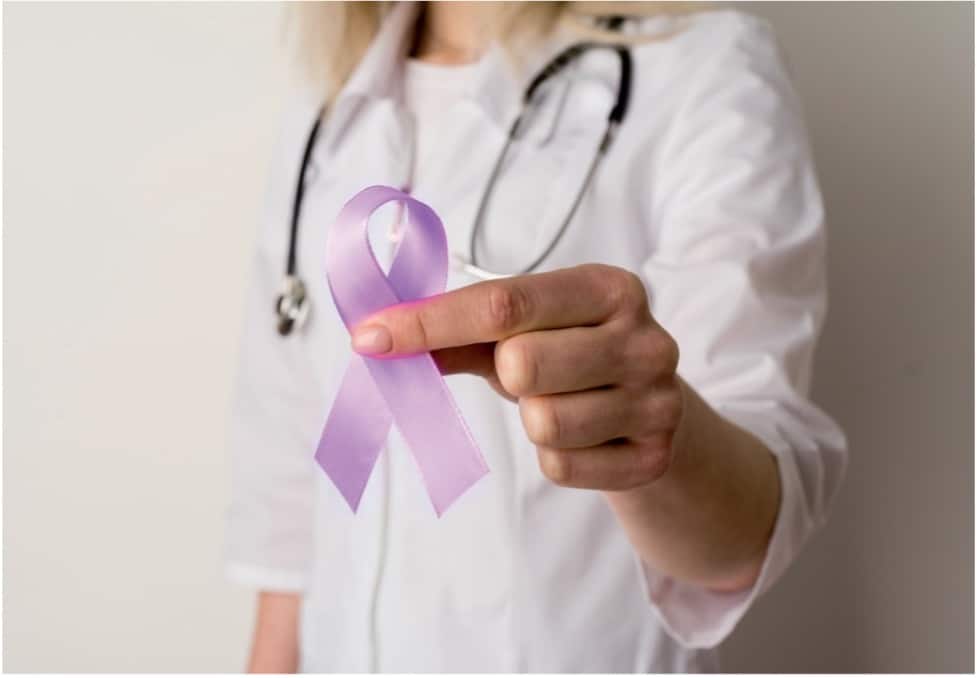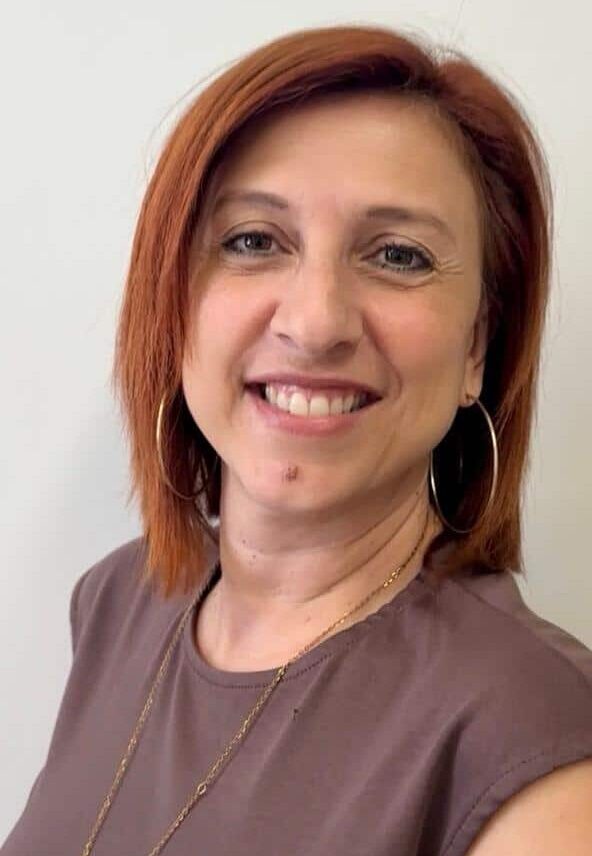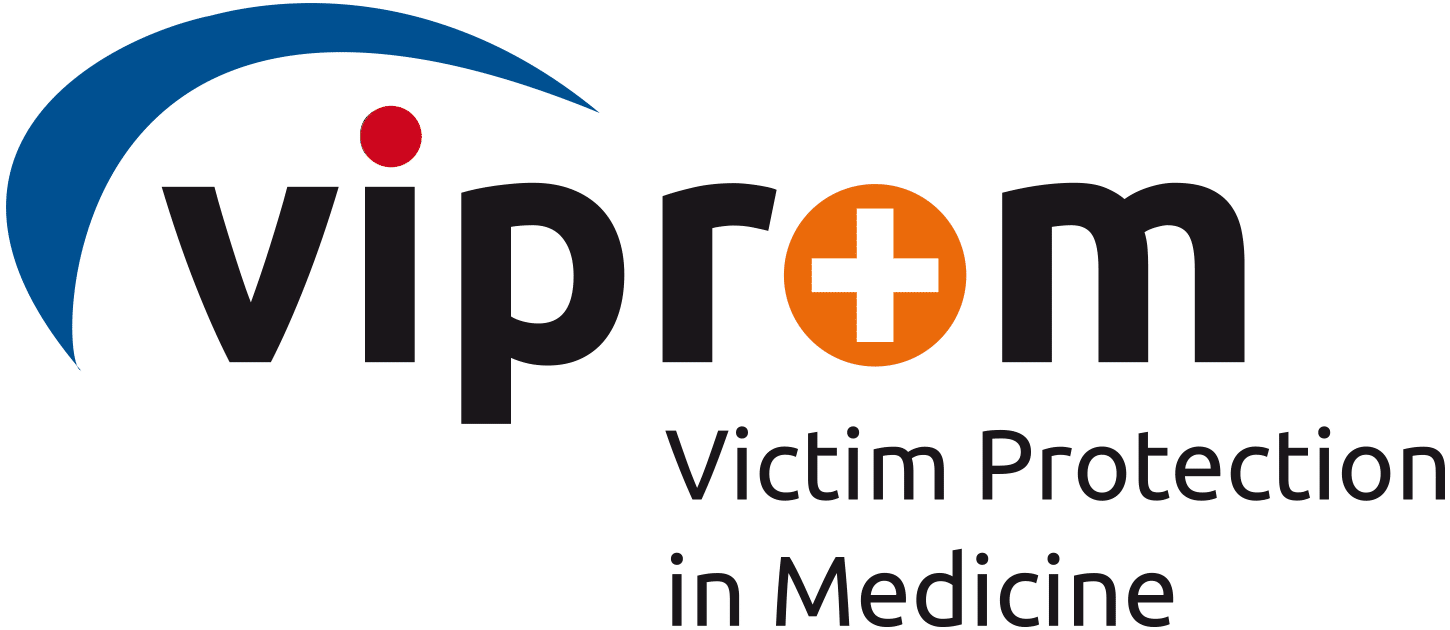
“The ones who have a voice must speak for those who are voiceless”1
Domestic Violence is often referred to as a “silent epidemic”—its signs hidden, its victims unheard, and its impact, profound. Our recent VIPROM European Webinar Series (EWS) on “Empowering healthcare against Domestic Violence” drew an overwhelming response, with participation far exceeding our initial expectations. From physicians and nurses to dentists and mental health providers, healthcare professionals from across disciplines came together to learn, share, and strengthen their response to Domestic Violence. Each webinar was accompanied by a handout and 10 assessment questions. Participants could view the webinar on demand for a period of 2 weeks after the live webinar and could answer the assessment questions accordingly. The mean percentage of correctly answered questions was 95%, indicating that the webinars were successful in engaging and educating participants.

Source Kethi.gr
TOPICS COVERED BY THE EWS
Each session tackled a crucial aspect of this multifaceted issue:
- Forms and dynamics of Domestic Violence — providing a foundational understanding of abuse beyond the physical, the distinction between Domestic Violence (DV) and Intimate Partner Violence (IPV), the various forms in which these types of violence can manifest, the significance of sex and gender aspects in domestic violence for first-line responders and why there is no “typical victim”, as well as the complex dynamics of violence in relationships.
- Becoming culturally responsive and blocking bias in healthcare — emphasizing equitable care for all survivors, recognising important cultural aspects in the context of health, and learning more about the “5Rs of Cultural Humility”.
- Indicators of domestic violence — training clinicians to recognise subtle signs that can otherwise be missed.
- Communication in cases of domestic violence — equipping providers with trauma-informed strategies for sensitive conversations, helping to recognise the specific challenges in disclosing DV, as well as exploring tailored screening questions that can help identify victims.
- Medical assessment and documentation — underscoring the importance of accurate, compassionate, and legally sound records, learning about the most important risk factors for escalating violence and how to identify them, and examining practical assessment tools and questions that can help create a safety plan.
- Risk assessment and safety planning — guiding practitioners in evaluating immediate danger and creating personalised safety strategies.
- Working together: Key institutions in cases of Domestic Violence — illustrating the power of inter-agency collaboration, identifying the key institutional actors who are involved in cases of domestic violence and exploring best-practice approaches.
- Theory meets practice: Identifying and responding to domestic violence in Dentistry — highlighting the unique role dental professionals play in early detection.
- Spotlight on Domestic Abuse and Sexual Health within sexual health settings — equipping sexual health practitioners to identify and respond to abuse in intimate and reproductive contexts.
- Council of Europe legal framework: guidelines for medical professionals in accordance with the Istanbul Convention — connecting international legal standards to everyday clinical practice.
MORE INFORMATION ON DOMESTIC VIOLENCE
If you are interested to learn more about domestic violence in the health sector, please visit our European training platform on domestic violence.
HIGHLIGHTS
- As of the 23rd of July 2024, we have an average of over 190 participants watching each webinar and thus we have reached over 1,900 medical stakeholders via our European webinar series.
- All webinars are freely available on our European Youtube channel on domestic violence2
- A total of 739 participants completed the assessment tests related to the topic of each webinar, with a mean of 94,7% passing the tests
- Out of the 108 participants that completed the assessments, 76 are eligible to receive a certificate of attendance (a minimum of 5/10 assessments have been passed)
IMPACT OF THE WEBINAR SERIES
This webinar series not only deepened professional knowledge, but it also sparked vital conversations, inspired cross-sector collaboration, and underscored the healthcare sector’s critical role in identifying and interrupting cycles of abuse. Participants walked away with practical tools, expanded perspectives, and a renewed sense of responsibility to be proactive allies in the fight against domestic violence.
VIPROM’s initiative closed the gap of the still existing urgent need for ongoing training, provision of stronger support networks, and unified response to DV across agencies and countries. The webinar series concluded with a strong call to action: we must continue to refine how we speak about domestic violence, to ensure that those who need help receive it, and those who can offer help are equipped to do so.
SOURCES
- Óscar Arnulfo Romero y Galdámez, 2023 National Crime Victims’ Rights Week Resource Guide, ovc.ojp.gov
- Recordings of the webinars: Playlist on our European youtube channel
- A document including all handouts of the webinar series can be downloaded here: Handout collection
ABOUT THE AUTHORS

Dr. Marie-Louise Psarra is a Clinical-Forensic Psychologist and Systemic Psychotherapist. She works at the 2nd Department of Psychiatry, Medical School, National & Kapodistrian University of Athens at “Attikon” University General Hospital, as psychologist in charge at Forensic Mental Health Unit, Couples & Family Therapy Unit and Eating Disorders Unit. She holds a PhD degree in Criminology and her expertise is in sexual offending and Domestic Violence, with extensive experience as a researcher, lecturer and psychotherapist, of both victims and offenders. She has teaching experience in adult education and is currently teaching at the Master’s Programs «Forensic Psychiatry» and “Forensic Medicine-Forensic Psychiatry” in Greek universities. She is founding member and General Secretary of the Stearing Board of the Hellenic Forensic Psychiatric Association.

Dr. Maria Markopoulou is a Consultant Psychiatrist in the Psychiatric Hospital of Thessaloniki in Greece, and Head of the Department of Forensic Psychiatry. She is also founder and Head of the Outpatient Clinic for Perpetrators of DV in the Psychiatric Hospital of Thessaloniki. She has a master’s degree in Medical Law and Bioethics and a PhD in Forensic Psychiatry. She has a special clinical and academic interest in Domestic Violence both for victims and perpetrators involved. She is certified in Adult Education by the National Accreditation & Certification System for non-formal education while she is certified by the Greek Ministry of Justice and ADR ODR International as a Civil – Commercial Mediator. Finally, she is a Member of the Hellenic Forensic Psychiatric Association and the Hellenic Psychiatric Association.
 This project has received co-funding from the European Union’s CERV-2022-DAPHNE programme under grant agreement No. 101095828.
This project has received co-funding from the European Union’s CERV-2022-DAPHNE programme under grant agreement No. 101095828.
Newsletter
Please subscribe here for the VIPROM newsletter:
